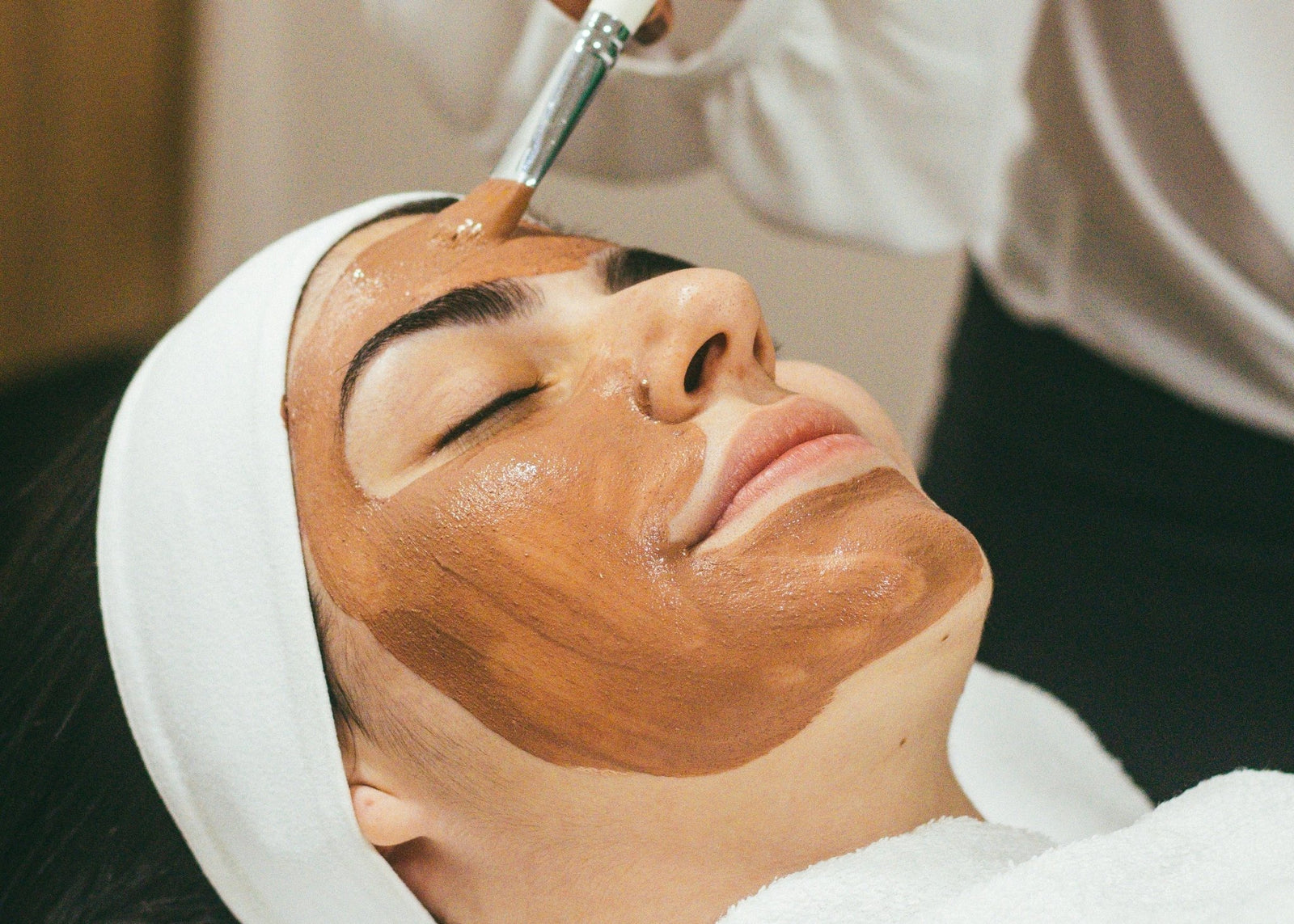
When to Incorporate a Face Mask into Your Skincare Routine
The secret to radiant, healthy skin is a consistent skincare routine. One of the most potent tools in your skincare arsenal is the face mask. But when is the right time to incorporate a face mask into your routine? This comprehensive guide will provide you with all the knowledge you need to make an informed decision.
Understanding Your Skin Type
Before you can decide when to use a face mask, it's crucial to understand your skin type. Your skin type determines how your skin reacts to different products and ingredients. It's the foundation of any effective skincare routine.
There are five primary skin types: normal, dry, oily, combination, and sensitive. Each skin type has unique needs and responds differently to various skincare products. For example, dry skin may benefit from hydrating masks, while oily skin may need a mask with clay or charcoal to help absorb excess oil.
Identifying Your Skin Type
Identifying your skin type is the first step towards a tailored skincare routine. Here are some general characteristics of each skin type:
- Normal skin: Not too dry or oily, normal skin usually has a balanced sebum production and few imperfections.
- Dry skin: Dry skin often feels tight and may have noticeable flaking. It requires extra hydration to replenish moisture levels.
- Oily skin: Oily skin is characterized by an excess of sebum production, leading to a shiny complexion and larger pores.
- Combination skin: This skin type exhibits characteristics of both dry and oily skin, typically with an oily T-zone and dry cheeks.
- Sensitive skin: Sensitive skin may react to certain ingredients with redness, itching, or irritation. It requires gentle care and hypoallergenic products.
Once you've identified your skin type, you can select a face mask that meets your skin's specific needs.
Benefits of Using a Face Mask
Face masks are more than just a pampering treat. They're packed with concentrated ingredients designed to address specific skin concerns. Here are some benefits of incorporating a face mask into your skincare routine:
- Deep cleansing: Face masks offer a deeper level of cleansing compared to everyday face washes. They help to unclog pores and remove deep-seated impurities.
- Improved hydration: Hydrating masks are excellent for replenishing moisture, especially for dry skin. They often contain ingredients like hyaluronic acid and aloe vera, which are known for their hydrating properties.
- Brightening effect: Certain masks have brightening ingredients like vitamin C and niacinamide that help to reduce pigmentation and give your skin a radiant glow.
- Exfoliation: Exfoliating masks remove dead skin cells and promote cell turnover, resulting in smoother, fresher-looking skin.
Remember, the key to reaping these benefits is consistency. Regular use of face masks can significantly improve your skin's health and appearance.
When to Use a Face Mask
The timing of your face mask application can have a significant impact on its effectiveness. Here are some general guidelines to help you decide when to use a face mask:
- After cleansing: Always apply your face mask to clean skin. This allows the mask's ingredients to penetrate more deeply into your skin.
- Before a big event: If you have a special occasion coming up, use a face mask the night before to give your skin a radiant glow.
- When your skin needs a boost: If your skin is looking dull or feeling dry, a face mask can provide a much-needed hydration and brightness boost.
While face masks can be beneficial, it's important not to overdo it. Using a face mask too often can lead to skin irritation. As a general rule, aim to use a face mask 1-2 times per week.
Choosing a Natural and Sustainable Face Mask
When choosing a face mask, it's essential to consider the ingredients. Many face masks on the market contain harsh chemicals that can irritate the skin. Instead, opt for masks with natural, sustainable ingredients. These are not only better for your skin, but also for the environment.
Natural ingredients like green tea, honey, and oatmeal have powerful skincare benefits. Green tea is packed with antioxidants, honey has natural antibacterial properties, and oatmeal is excellent for soothing irritated skin. Plus, these ingredients are sustainable and eco-friendly.
Remember, the best face mask is the one that suits your skin type and addresses your skin concerns. By understanding your skin and choosing the right products, you can create a skincare routine that leaves your skin healthy and glowing.
















